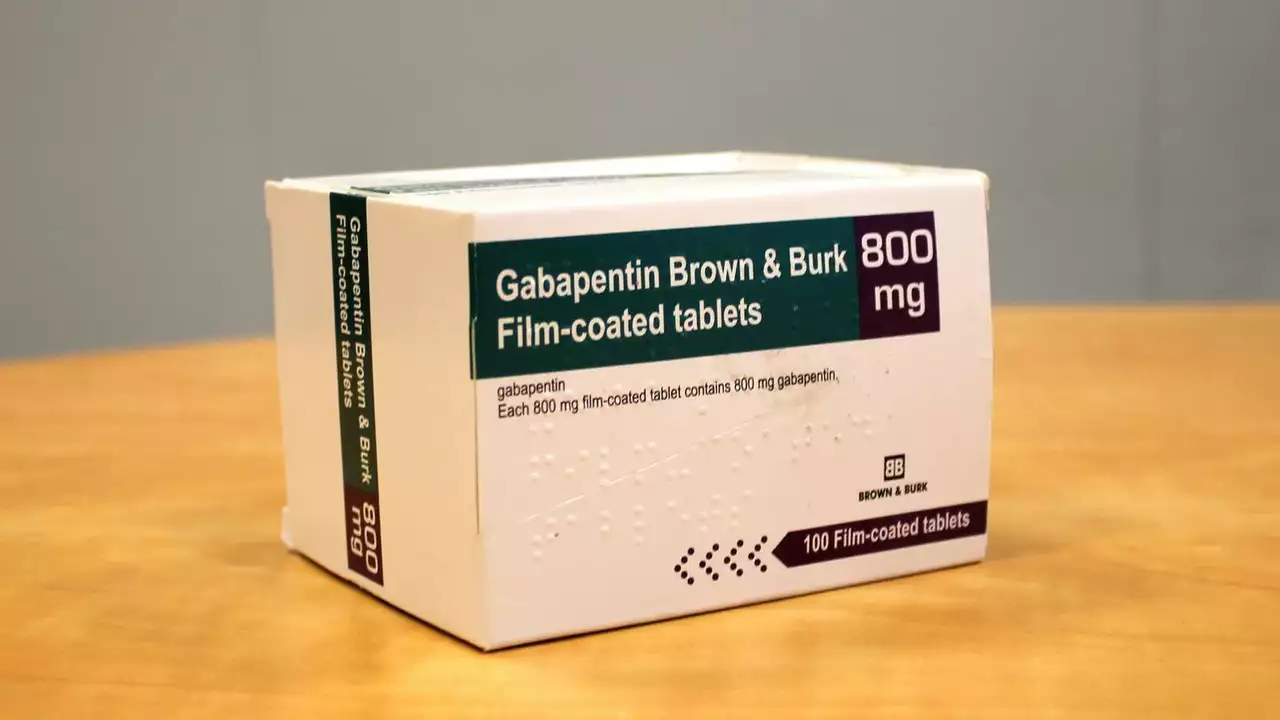Precautions for Medications, Online Orders, and Supplements
Precautions matter when it comes to medicines, online pharmacies, and supplements. A single mistake can cost money or health. This page gives clear, practical steps you can use right away to stay safe.
Before you buy or take anything
Always check who is selling the medicine. Legitimate pharmacies show contact details, a physical address, and a valid license number. If a site sells prescription drugs without asking for a prescription, walk away. Read reviews but focus on verified customers and third party sites, not only glowing testimonials on the seller's page. Compare prices. Extremely low prices can mean counterfeit or expired products.
Talk to your prescriber or pharmacist before changing where you get medicine. Ask about drug interactions, allergies, and whether a generic version is okay. Keep a list of all medicines, supplements, and herbs you take. When in doubt, call your pharmacist and read the patient leaflet. Know the active ingredient, usual dose, and common side effects for any drug you plan to use.
Order and use safely
Use secure payment methods and avoid wire transfers to unknown sellers. Check for HTTPS and privacy policies that explain how your data is used. Track the shipment and inspect packaging on arrival. Do not use pills that look different from what you expect. Report anything suspicious to the seller and your health provider immediately.
Follow dosing instructions exactly. Do not split extended‑release tablets unless a pharmacist approves. If you miss a dose, follow the leaflet or ask your provider; do not double up unless advised. Watch for side effects like rash, breathing trouble, severe stomach pain, or sudden mood changes. Seek urgent care for severe reactions.
Keep medications in their original containers with labels intact. Store them away from heat, direct sunlight, and moisture. Some drugs need refrigeration; check the label. Keep all medicines out of reach of children and pets. Dispose of unused or expired drugs through a take‑back program or follow local disposal rules.
Supplements can interact with prescriptions. Tell your provider about vitamins, herbal remedies, or sports supplements. Don't assume natural means safe. Quality varies between brands. Choose products from recognized companies and look for third party testing seals when possible.
If you use telehealth services, verify the platform and ask how prescriptions are handled. Avoid services that pressure you into buying from a single supplier. If you have chronic conditions like asthma, diabetes, or epilepsy, plan ahead for shortages and discuss alternatives with your clinician.
Keep records of prescriptions, receipts, and conversations with providers. That helps if you need refunds, replacements, or must report adverse events. Small checks now prevent big problems later. Stay cautious, ask questions, and keep your health team in the loop.
Pregnant or breastfeeding? Tell provider and pharmacist before taking anything. Alcohol can change drug effects and raise risks, so ask whether to avoid drinking. For children and elderly, confirm pediatric or geriatric dosing. When side effects appear, note time, dose, and what you ate — that info helps clinicians fix problems faster.
In my recent research on Gabapentin use during pregnancy, I've learned that its safety is a bit of a gray area. While some studies hint at potential risks, others suggest it could be safe. It's clear, however, that the decision to use Gabapentin shouldn't be taken lightly and should always involve a discussion with healthcare providers. They will weigh the benefits against the potential risks for both the mother and baby. Pregnant women on Gabapentin are urged to be cautious and closely monitored for any potential side effects to ensure the safest possible pregnancy.

